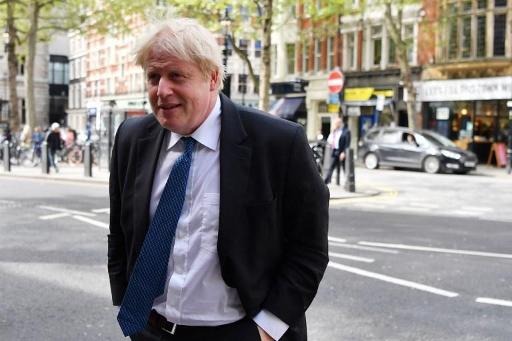British Foreign Secretary Boris Johnson on Tuesday described as "crazy” a proposal backed by Prime Minister Theresa May for a new customs union with the European Union (EU) after Brexit becomes effective, thus exposing divisions within the Conservative government on future ties with the EU. According to the “new customs union” plan, the United Kingdom would collect customs duties on behalf of the EU for Europe-bound goods transiting through its territory, while applying its own taxes on those destined to remain in the UK.
The proposal was rejected last week by most members of the Brexit “war cabinet” – comprising top UK government heavyweights – but it is still on the cards, according to Dowding Street.
However, Johnson said this option was “totally untried”, threatened to create more red tape, and risked making it very difficult to conclude free-trade agreements with third countries, as London would like to do after leaving the EU.
“If you have the new customs partnership, you have a crazy system whereby you end up collecting tariffs on behalf of the EU at the UK frontier,” he said in an interview with the pro-Brexit tabloid, The Daily Mail.
“If the EU decides to impose punitive tariffs on something the UK wants to bring in cheaply, there is nothing you can do,” added the Foreign Secretary, one of the architects of the victorious campaign for Brexit in 2016. “That’s not taking back control of your trade policy, (…) your laws, (…) your borders, (…) your money (…) because tariffs would get paid centrally back to Brussels.”
Brussels has already denounced the “magical thinking” surrounding the plan and says it is still waiting for concrete British proposals defining future ties after Brexit, especially on this issue, for a summit in June.
The UK Government is also envisaging a second, “maximum facilitation” option that would involve not only technological support, but also infrastructure, whereas London has committed itself to not creating any infrastructure at the border between the British province of Northern Ireland and the Irish Republic, which is an EU member.
The Brussels Times

